World Science Day
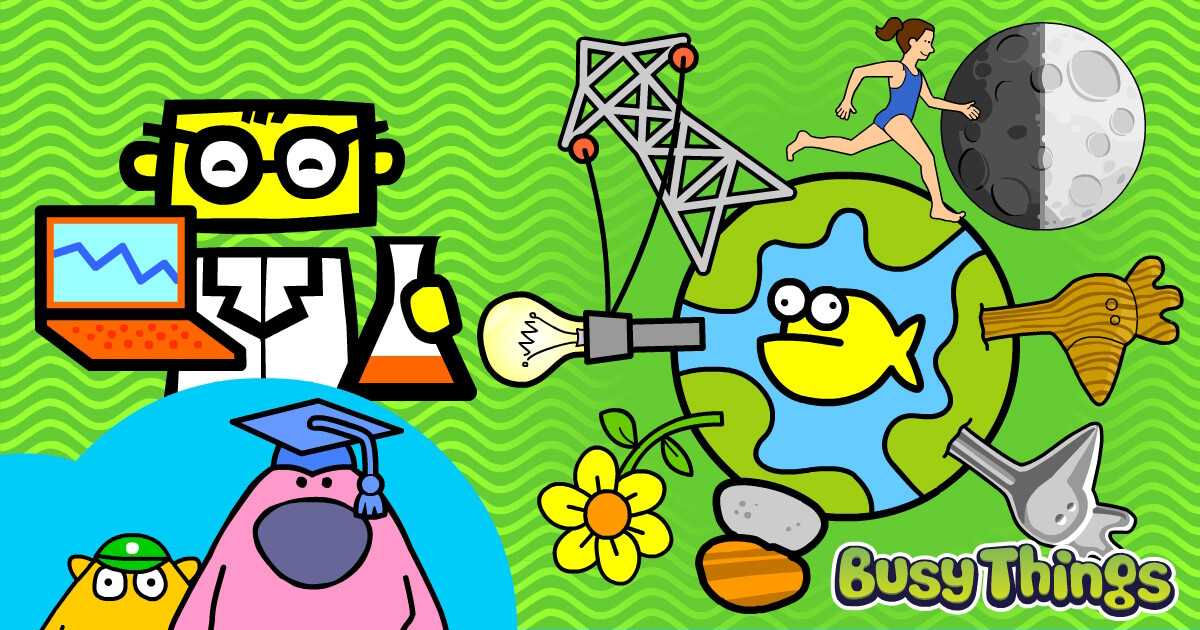
World Science Day or to give it its full title, World Science Day for Peace and Development, is held every 10th November. It’s a date designated by UNESCO, which aims to highlight the important role of science in society and the need to engage the wider public in debates on emerging scientific issues.
Here at Busy Things, we love science and want to get children involved as early as possible. There are so many science-based issues these days, ranging from climate change to sustainability, from pollution to obesity, that an understanding of science can only be beneficial to developing informed global citizens of the future.
With this in mind, we’ve come up with 5 great ways you, as a primary school teacher, can mark World Science Day with your pupils. You could:
- Set seeds and grow your own lettuce (EYFS/KS1)
- Go on a minibeast hunt (KS1)
- Cook up a treat (KS1)
- Focus on famous scientists (KS2)
- Study developments made in the last 100 years (KS2)
1. Set seeds and grow your own lettuce (EYFS/KS1)
That’s right, growing isn’t restricted to the summer months! Lettuce, for example, makes for a great winter crop, which can provide fresh leaves throughout the colder months. You’ll need to be careful and choose hardy varieties, such as lamb’s lettuce, miners’ lettuce and land cress, but these can all cope with chilly temperatures.
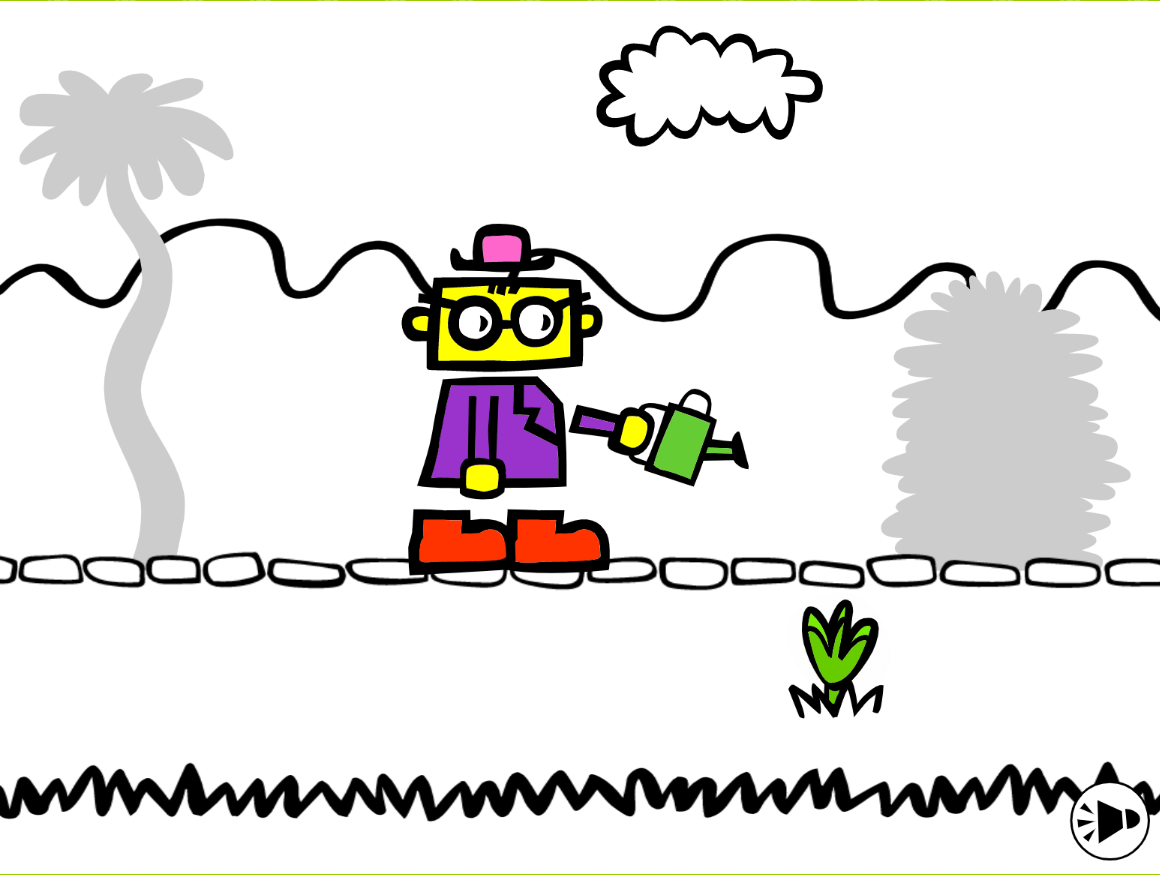
Not convinced? You could play The gardener activity instead, which is especially great for younger pupils. They’ll love watering the seeds and saving them from the insects in our interactive game.
2. Go on a minibeast hunt (KS1)
Insects are massively important to our ecosystem because they are so large in number. They play an important role to play in our food web because they pollinate many of our plants, are food themselves, feed on other minibeasts and waste, and break down waste too!
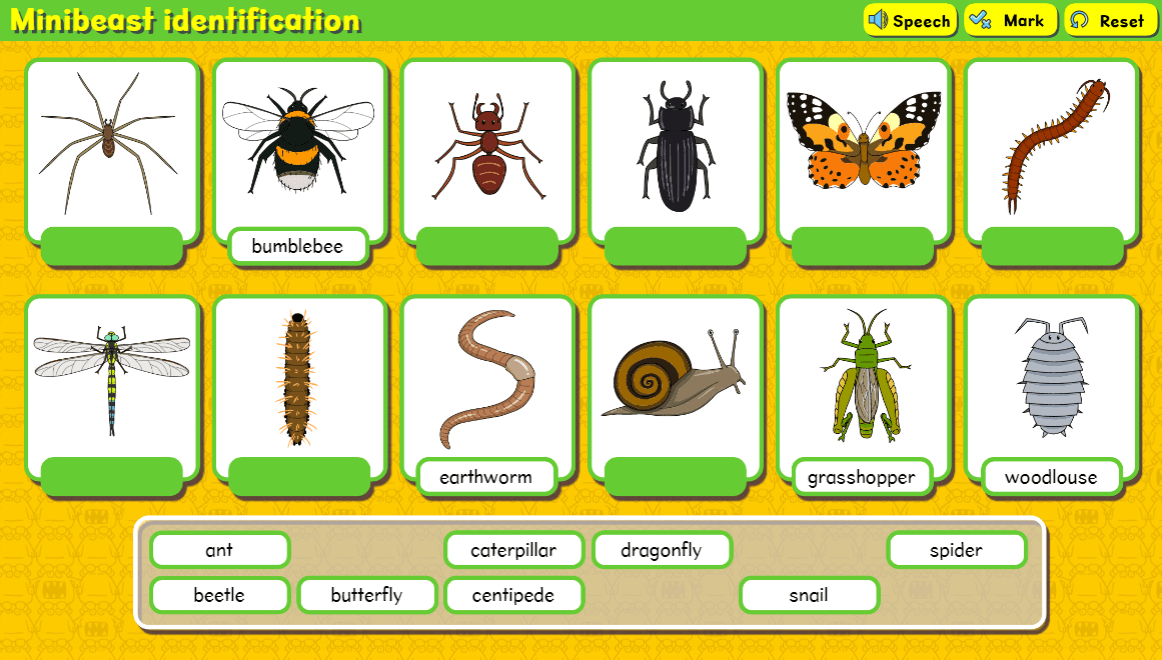
Your children will love being outside and getting hands-on with the minibeasts, so why not harness this and help them learn more about them with our Minibeast identification activity?
On finding something, can the children identify what it is? At the end of their hunt, how many of each minibeast did they find?
NOTE: Please remind the children that minibeasts are living things that can get hurt!
3. Cook up a treat (KS1)
Cooking really is just ‘food science’, so it’s a subject that is more than acceptable to study on World Science Day! If you’re focusing on the process alone, you could opt for our Monster banana cupcakes.
If the availability of ovens makes things tricky, perhaps you could look at making a nutritious fruit salad, ensuring the children know all of the fruits included.
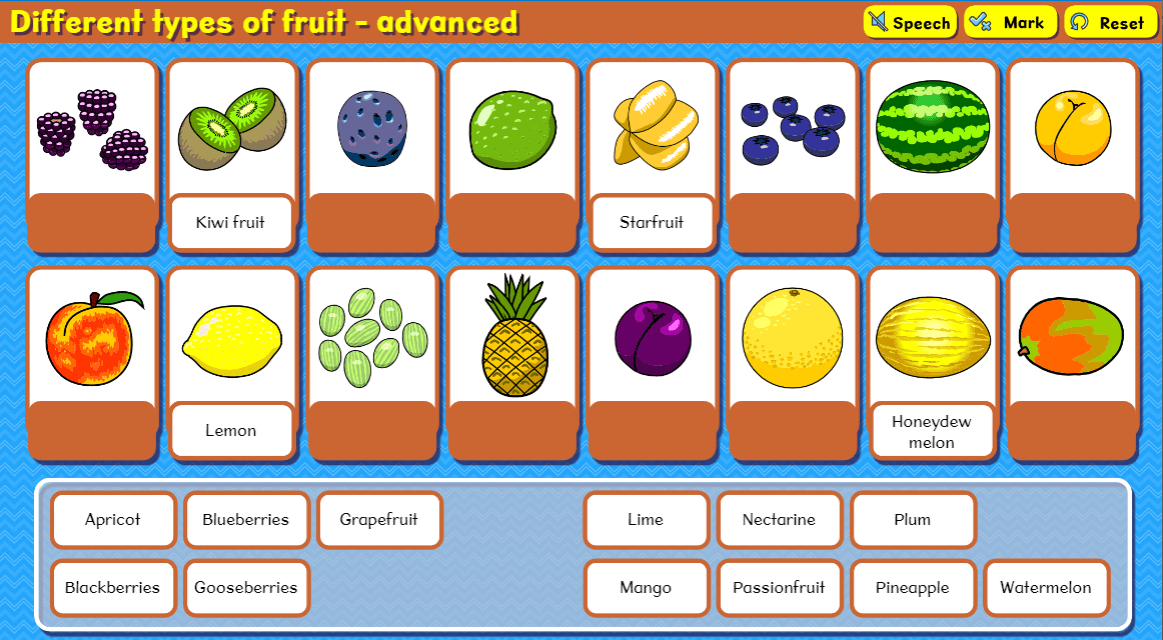
Depending on your pupils’ age and level of ability, we have two fruit identification activities:
Name fruits – simple
Name fruits – advanced (as left)
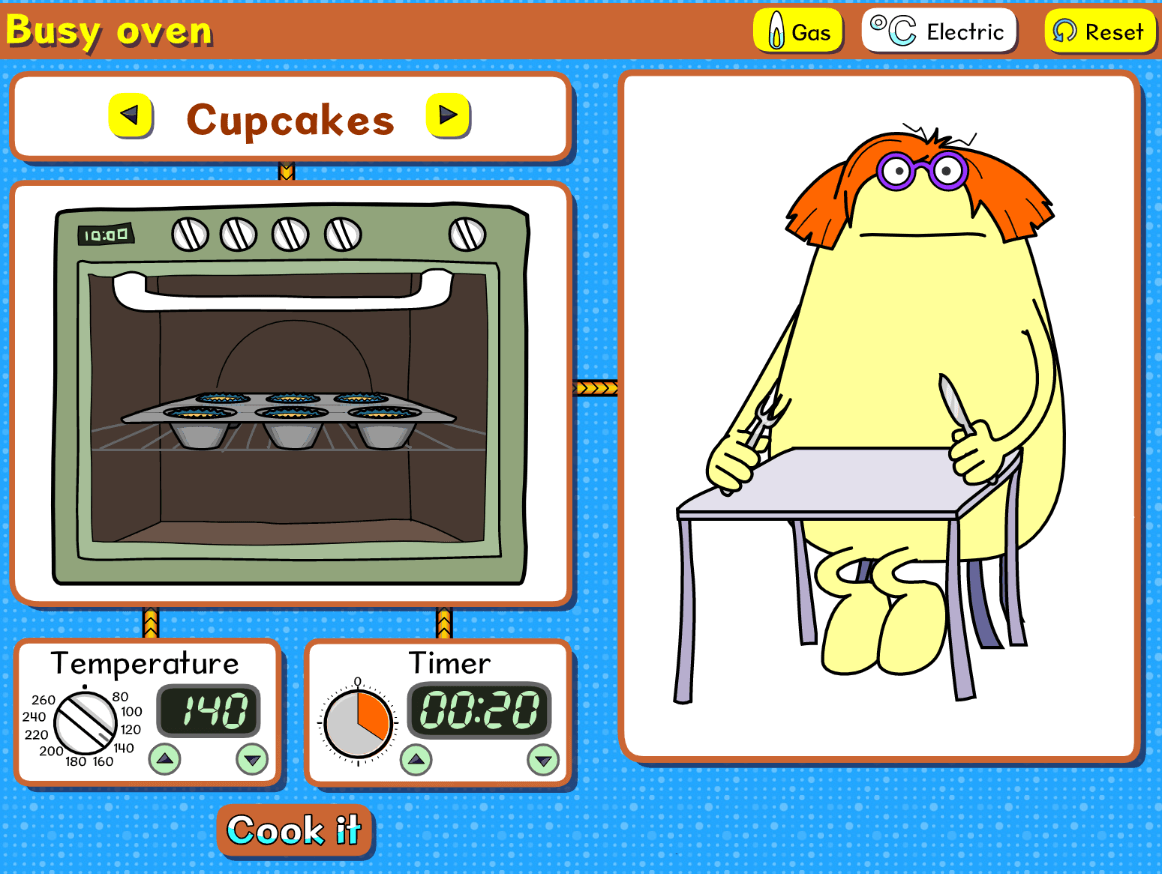
Or, if you wanted to go entirely virtual, there’s always our Busy oven simulator.
You can change the temperature and cooking time for the different foods and cook it in the oven. Feed it to the monster and it’ll give you its verdict!
4) Focus on famous scientists (KS2)
You could research one of history’s most famous scientists to understand what they invented or discovered. Who would you choose? Charles Darwin, Marie Curie, Albert Einstein and Alexander Graham Bell all spring to mind, but the choice is yours and your pupils.
5) Study developments made in the last 100 years (KS2)
Whilst much of the physical world around us hasn’t changed, many things within it have. Looking at the developments, you could consider endangered animals, climate change and Global warming’s effect on the icecaps.
Alternatively, you could look at advancements over that time, looking at areas like space travel, satellites and food technology!
Summary
We hope this blog has given you some ideas as to what you could cover this World Science Day, so that your children can get a little bit closer to the science that surrounds them.
As part of the blog, we’ve included several of our activities which you can play for free. (These are: Minibeast identification, Name fruits – advanced and Global warming’s effect on the icecaps. To play them, just click on the link! You’ve also got the cupcake recipe, which you can simply download by clicking the link.)
Want to see more activities?
If you’d like to see more, we’d love you to take out a free 28-day trial with us! Simply click here to do so. You’re more than welcome to have a virtual tour via Zoom too. We can arrange that for you if you contact us here!